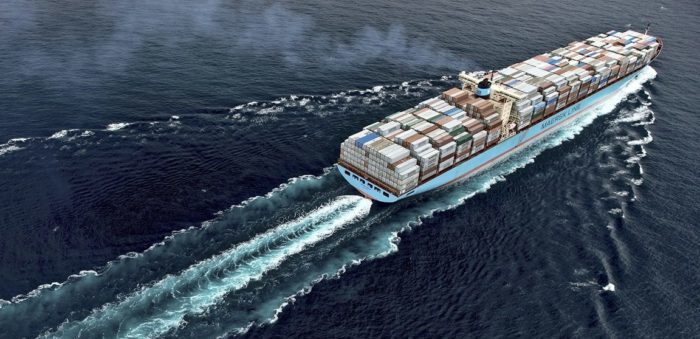The Mediterranean Shipping Company and Maersk informed that they will implement Emergency Bunker Surcharge. The two companies resorted to this solution, as a measure to deal with the rising bunker prices.
The increase in bunker prices has greatly affected the operations of environment container shipping lines. Fuel prices increased by more that 30% this year, and almost 70% since last June, while prices in Europe surpassed $442/mt.
[smlsubform prepend=”GET THE SAFETY4SEA IN YOUR INBOX!” showname=false emailtxt=”” emailholder=”Enter your email address” showsubmit=true submittxt=”Submit” jsthanks=false thankyou=”Thank you for subscribing to our mailing list”]
With crude oil today being at about $80 a barrel – the highest since 2014 – the situation is no longer sustainable without emergency action, says MSC.
For this reason, both MSC and Maersk announced that they will implement Emergency Bunker Surcharge.
As MSC said, it will introduce a worldwide temporary emergency bunker surcharge on all ocean and land-based cargo carriage with immediate effect.
This last-resort measure is essential to ensure that we navigate these challenging economic conditions in a steady and sustainable way and continue to provide a high quality of service to all our customers.
A few days later, Maersk Line has also decided to introduce an Emergency Bunker Surcharge as a necessary action to ensure its continued sustainable service. EBS will be applicable to all cargo globally, effective 1st June 2018 for non-FMC corridors and 1st July 2018 for FMC corridors.
The EBS tariff for Maersk is based on a bunker price of USD440. EBS tariff will change if the following happen:
- Should the bunker price (IFO380 in Rotterdam) increase to a level of USD 530, EBS tariffs will be multiplied by a factor of 2.0.
- Should the bunker price (IFO380 in Rotterdam) decrease to a level of USD 370, EBS tariffs will be zero.






























































